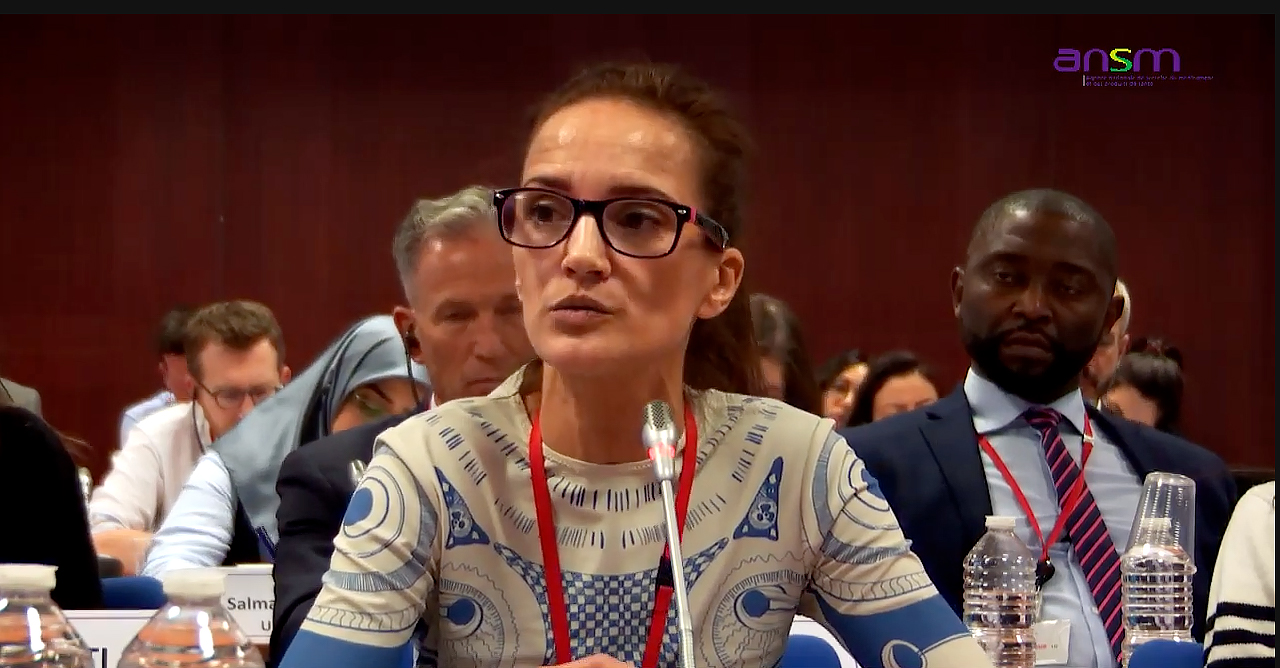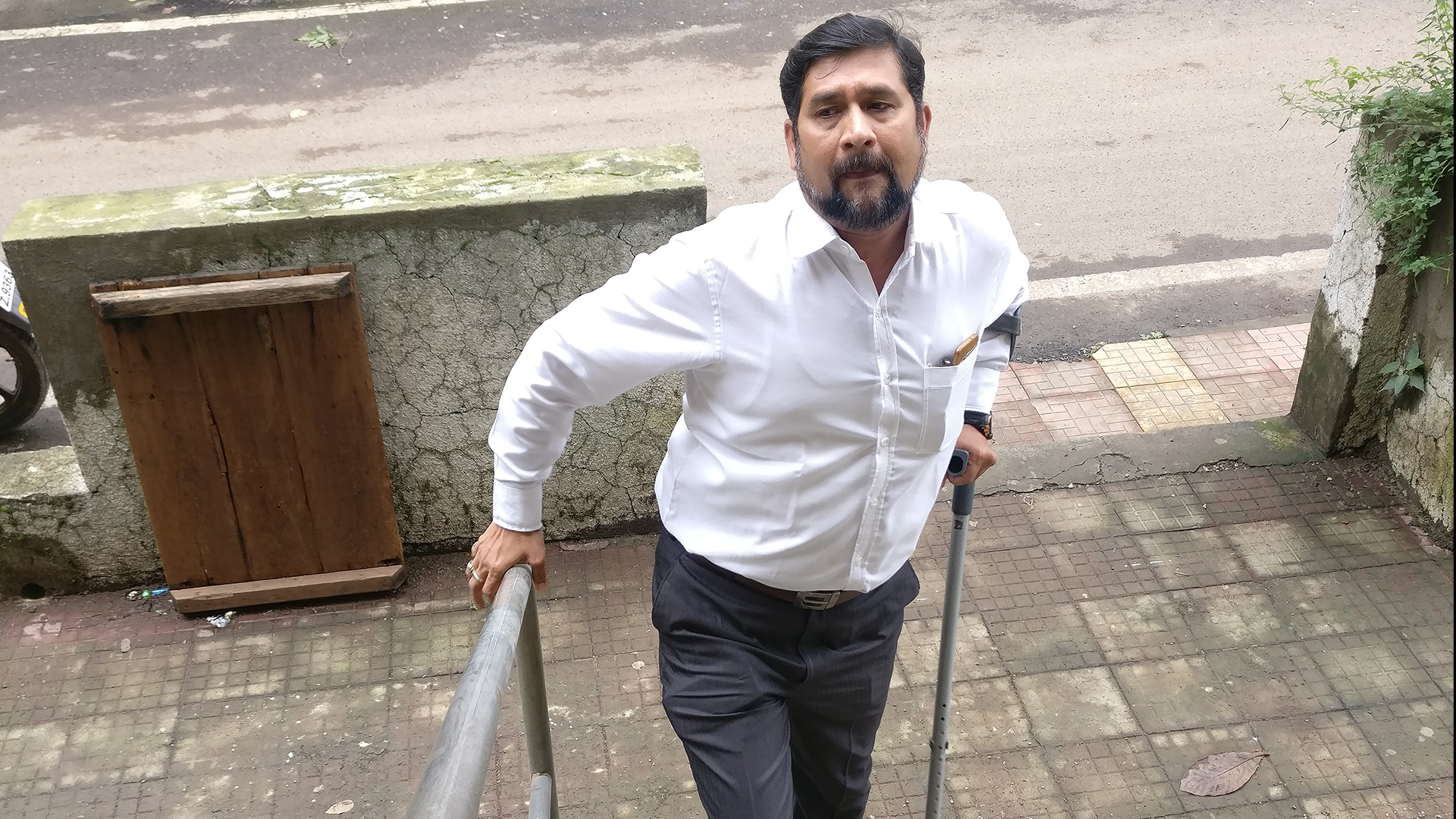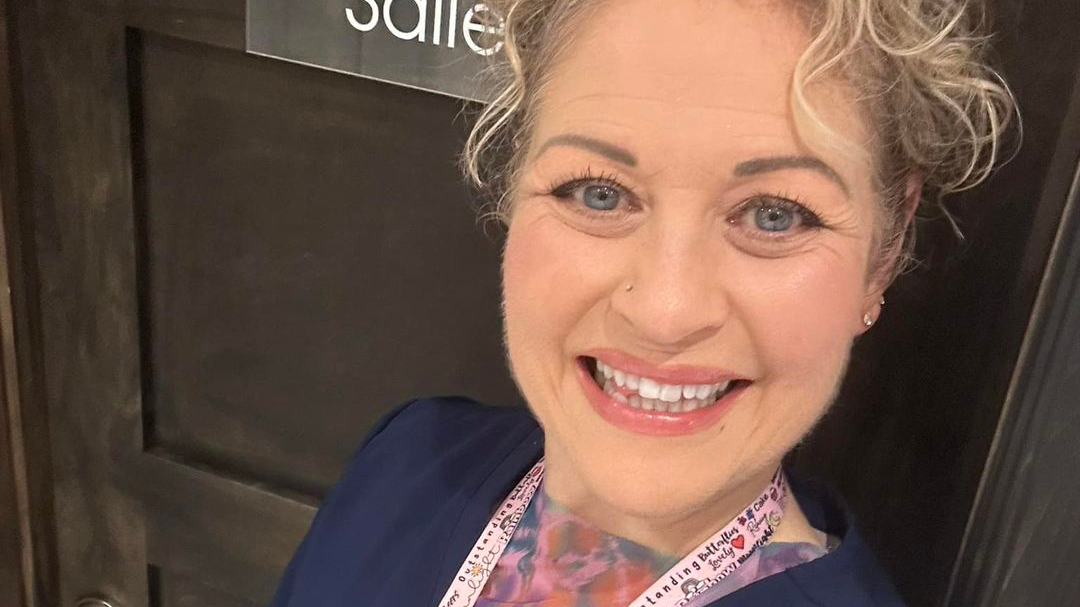An expert committee convened by French health authorities has called for a ban on Allergan Biocell breast implants over links to rare cancer but stopped short of calling for the removal of other textured implants.
Textured implants are linked to higher risks of a rare form of cancer known as breast implant-associated anaplastic large cell lymphoma, or BIA ALCL.
The French committee issued its recommendations following its conclusion of a two-day public hearing on breast implant safety. The hearing was called after the Implant Files, a November 2018 investigation by the International Consortium of Investigative Journalists, revealed ongoing health problems plaguing thousands of breast implant patients around the world.
The committee said that Allergan Biocell implants should no longer be sold,and that extreme caution should be applied to the use of polyurethane breast implants and other roughly textured implants. It said other textured implants remained appropriate for some patients – and recommended against preventive explant surgery for patients who already have Allergan Biocell implants.
In addition, the committee called for several steps to improve the oversight of breast implant safety, including the creation of a national breast implant registry in France, standardized classification of breast implant textures at the European level, and more thorough safety warnings for patients.
Patients who blame breast implants for illness, leakage and infections, international regulators and industry representatives began testifying to a National Agency for the Safety of Medicines and Health Products (ANSM) inquiry into implants in Paris on Thursday.
In December, ANSM ordered the global medical manufacturer Allergan to stop marketing its textured breast implants in France after it lost its European stamp of approval from the region’s licensing body.
Allergan, a world leader in these products, subsequently also recalled its stock of unused implants in Europe.
In an opening address, ANSM assistant director in charge of medical devices Thierry Thomas said a link had been established between textured breast implants in particular and the rare form of cancer, Anaplastic Large Cell Lymphoma (ALCL). Textured implants reportedly account for most of the French market.
Mr Thomas said that in 2018 an ANSM-sponsored group had “recognized the over-representation of textured breast implants” in ALCL cases, saying that experts had confirmed texture as an increased risk factor.
I suffered seizures after my first operation and my whole body was swollen for months.
– Fatiha Mekrami
The committee heard detailed testimony from a number of women who had suffered in various ways after undergoing implant surgery.
One victim, Fatiha Mekrami, detailed her harrowing experience of having to undergo surgery several times over several months since 2003 following the failure of one implant after another. She still suffers from infections and she says she is still looking for answers.
“I suffered seizures after my first operation and my whole body was swollen for months. On another occasion my breast fell towards my abdomen,” she said. “I began researching details on the implants I had been given but the information simply isn’t being made available by the manufacturers.”
Most of the invited regulators from Europe, Canada, and the U.S. and industry lobby groups argued that such problems were extremely rare and a link with ALCL rarer still, citing other possible factors such as poor hygiene. They also noted the apparently low levels of incidence which, they claimed, made it impossible to confirm direct linkage.
“The advantages continue to outweigh the risks,” said Nathalie Mesnard of the medical technology industry’s advocacy body for the medical technology industry in France, which represents implant manufacturers including Allergen and Johnson & Johnson.

The European Taskforce, an organization formed by EU governments to pool information on the issue, said it was vital to continue discussions with patients on potential risks but said that it did not believe the current evidence was strong enough to justify blocking the sale or marketing of the products.
The task force argued that, in the opinion of member states, “there is insufficient scientific evidence to limit the use of textured breast implants, as they provide positive clinical and psychological outcomes for patients,” it said in a statement read by Mark Birse, a group manager of a UK device safety regulator.
However, U.S. Food and Drug Administration medical officer Steven Nagel cautioned that reported incidences were likely under-reported. The FDA, which regulates medical devices in the U.S., is meeting late next month to review the safety of all breast implants
“We don’t know how many cases – certainly more than that are reported – actually exist that are undiagnosed,” he said. “So I’m sorry to say that the bottom line is ‘we don’t know’.”
In its latest figures published February 6, the FDA noted that it received 246 medical device reports of breast implant-associated anaplastic large cell lymphoma (BIA-ALCL) between September 30, 2017 and September 30, 2018.
That brings the total to 660 medical device reports regarding BIA-ALCL cases in the U.S. since 2010. “Of the 660 MDRs, our in-depth analysis suggests that there are 457 unique cases of BIA-ALCL, including nine patient deaths,” the FDA said, referring to a statement issued by Dr. Binita Ashar, an expert at FDA’s Center for Devices and Radiological Health.
The FDA also issued a letter to healthcare providers advising them to increase patient awareness of the association between breast implants and ALCL.
Coincidental to the hearing, the French newspaper Le Monde, which collaborated with the International Consortium of Investigative Journalists on the Implant Files, reported that 15 women in France have begun separate legal actions against regulatory authorities and manufacturers, alleging deception and endangerment.
The report cites one of the women, Laetitia, 42, whose Allergen prosthesis was ruptured in a relatively minor accident nine years after its implant.
Her lawyer says that, although the implant was removed immediately after the accident, a few weeks later ALCL was diagnosed and she is now 80 percent disabled and undergoing chemotherapy.







